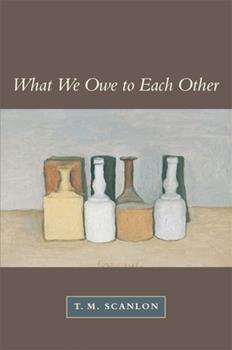by Jochen Szangolies

In the previous essay, we saw the power of common knowledge to orchestrate collective action. We also saw that, generally, common knowledge is difficult to attain without a shared source of truth. This poses a problem for collective action: if we can’t be certain of whether others act alongside ourselves, taking action may be ill-advised; but then, it seems, we ought to conclude that the others will follow the same reasoning, and fail to act, when in fact, acting together would have been in everyone’s best interest.
I argued that, in such cases, the replacement for a common source of truth is to be found in the notion of faith: following William James, faith in a position is justified when evidence for the truth of that position is only available consequent to adopting it. For collective action, we each must have faith in the other’s actions; only then will we act ourselves, as will the others, and only by this will our faith be justified. Hence, having faith in other’s actions opens up a path to collective action where rational considerations might make it seem safer to abstain from action.
But the above glosses over an often underappreciated problem: facts, knowledge, or faith on its own doesn’t have any power to compel action. Just because things are this way or that doesn’t force me to do anything about it. Read more »

 In Barcelona the daily scramble to deliver children to school results in terrible congestion in the upper part of the city, where the more economically privileged send their children. Watching this phenomenon brings back my own school days, when the most embarrassing thing any of us could imagine was being dropped off by parents. If such a thing were necessary for some unavoidable reason, the kids urged their parents to drop them a short distance away from the school so their peers wouldn’t see them getting out of the car. To be seen being coddled in this way was unimaginably embarrassing, almost as bad as having your mother show up to deliver a forgotten lunch box. Everything about parents tended to be embarrassing and much of the time we pretended not to have any. But there was a single exception to the drop-off rule. If the parents happened to own a 1956 Chevrolet, with its futuristic swept-wing design, then it was obligatory to be dropped off at school on some occasion, even if the ride was for only for a couple of blocks, so the other kids could look with sheer envy on this most prestigious possession.
In Barcelona the daily scramble to deliver children to school results in terrible congestion in the upper part of the city, where the more economically privileged send their children. Watching this phenomenon brings back my own school days, when the most embarrassing thing any of us could imagine was being dropped off by parents. If such a thing were necessary for some unavoidable reason, the kids urged their parents to drop them a short distance away from the school so their peers wouldn’t see them getting out of the car. To be seen being coddled in this way was unimaginably embarrassing, almost as bad as having your mother show up to deliver a forgotten lunch box. Everything about parents tended to be embarrassing and much of the time we pretended not to have any. But there was a single exception to the drop-off rule. If the parents happened to own a 1956 Chevrolet, with its futuristic swept-wing design, then it was obligatory to be dropped off at school on some occasion, even if the ride was for only for a couple of blocks, so the other kids could look with sheer envy on this most prestigious possession.  Since my Chair was in International Trade, most of my teaching in Berkeley was in that field of Economics, both at the graduate and undergraduate levels. The undergraduate classes in Berkeley are large, and mine had sometimes more than 200 students, even though this course was meant mostly for later-year undergraduates. Large classes bring you in close touch (particularly in office hours) with a refreshing diversity of young people. But they also bring other kinds of experience.
Since my Chair was in International Trade, most of my teaching in Berkeley was in that field of Economics, both at the graduate and undergraduate levels. The undergraduate classes in Berkeley are large, and mine had sometimes more than 200 students, even though this course was meant mostly for later-year undergraduates. Large classes bring you in close touch (particularly in office hours) with a refreshing diversity of young people. But they also bring other kinds of experience. At least Ben was polite about it. The rest of Judge Jackson’s hearing was absolutely awful. If you watched or read or otherwise dared approach the seething caldron of toxicity created by the law firm of Cotton, Cruz, Graham & Hawley (no fee unless a Democrat is smeared) you’ve probably had more than enough, so I’ll try to be brief before getting to more substantive matters.
At least Ben was polite about it. The rest of Judge Jackson’s hearing was absolutely awful. If you watched or read or otherwise dared approach the seething caldron of toxicity created by the law firm of Cotton, Cruz, Graham & Hawley (no fee unless a Democrat is smeared) you’ve probably had more than enough, so I’ll try to be brief before getting to more substantive matters.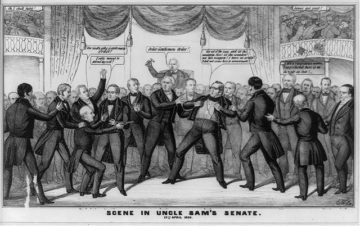

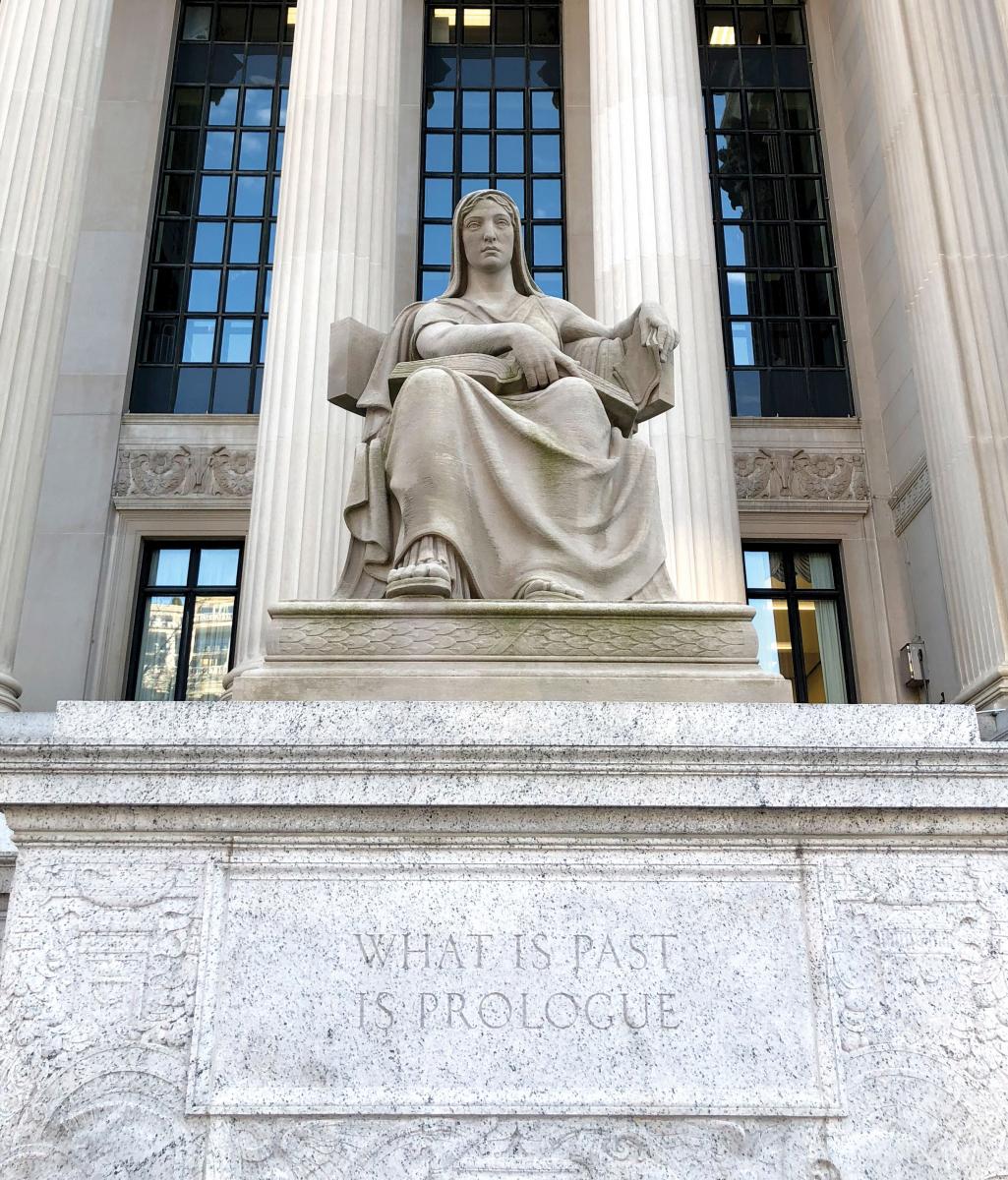 Is the Past Prolog? I’m not convinced. I say this as a professional historian.
Is the Past Prolog? I’m not convinced. I say this as a professional historian. He had a visceral aversion to war, was strongly in favor of social distancing in times of pandemic, and believed it would be a good thing if the Germans turned down their heaters a notch or two.
He had a visceral aversion to war, was strongly in favor of social distancing in times of pandemic, and believed it would be a good thing if the Germans turned down their heaters a notch or two.
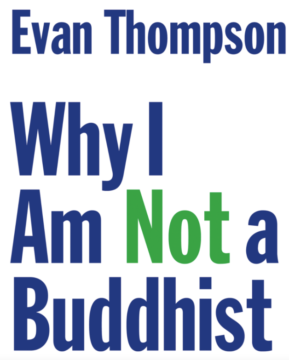

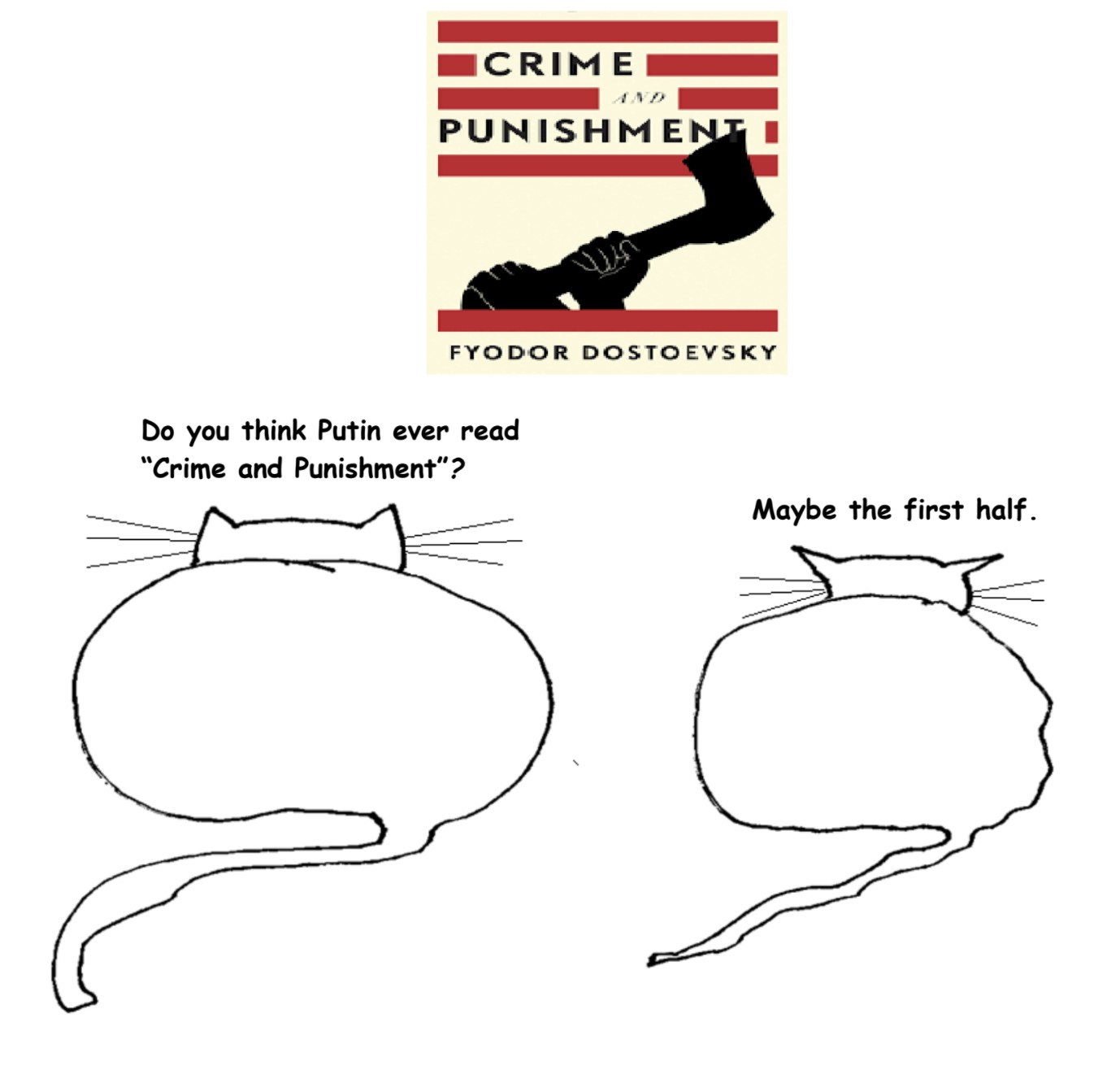
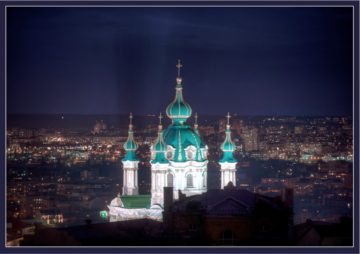 Anticipating war in Europe, 2022.
Anticipating war in Europe, 2022. Over the last few weeks, I’ve been spending more time in the office than I have since the start of COVID. I work for a technology start-up, and our New York office used to look and feel just as shows like Silicon Valley portrayed such offices: cool furniture, fancy coffee machines, lots of free snacks, gaming systems and board games piled up in a dedicated room, and lots of young people who gave the office a fun, high energy, even if noisy, vibe. But this visit, while the snacks and coffee machines are still there, the office has a rather ghost town-like feel. There’s been no mandate to return to the office, so for the most part, people haven’t. Every day I saw my colleague Andy who lives in a Manhattan apartment that’s too crowded with family and a dog. He escapes to the office for some peace of quiet. Then there was the receptionist and the facilities manager, who had no choice but to be there. But that was it for regulars. The odd person would float in for a bit, have a meeting, then leave. Is this the future of office life?
Over the last few weeks, I’ve been spending more time in the office than I have since the start of COVID. I work for a technology start-up, and our New York office used to look and feel just as shows like Silicon Valley portrayed such offices: cool furniture, fancy coffee machines, lots of free snacks, gaming systems and board games piled up in a dedicated room, and lots of young people who gave the office a fun, high energy, even if noisy, vibe. But this visit, while the snacks and coffee machines are still there, the office has a rather ghost town-like feel. There’s been no mandate to return to the office, so for the most part, people haven’t. Every day I saw my colleague Andy who lives in a Manhattan apartment that’s too crowded with family and a dog. He escapes to the office for some peace of quiet. Then there was the receptionist and the facilities manager, who had no choice but to be there. But that was it for regulars. The odd person would float in for a bit, have a meeting, then leave. Is this the future of office life?
